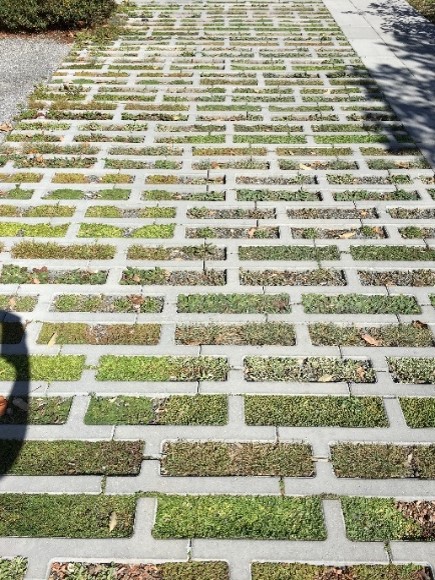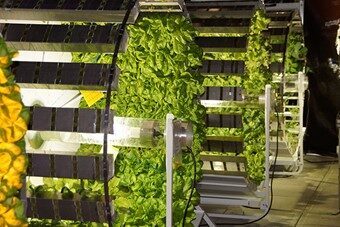Timber processing companies in the Gaspésie and Bas-Saint-Laurent administrative regions generate large volumes of residual matter (residual organic materials; ROM) that remain underexploited or entirely unexploited. Charbon de bois franc Basques (CBFB), a lumber producer, and GDS Sawmills (GDS), a barbeque coal producer, have partnered to study potential recovery routes for these residues in horticulture. Residual materials are diverse (sawdust, ash, debarking sludge, fine coal particles, log yard clean-up, etc.) and each has their own physicochemical characteristics. The development of crop substrates has been identified as a priority recovery route by both companies.
Established in 2017, a research and development project assessed the suitability of these materials as substrates through laboratory, greenhouse and field tests. Results from sweet clover, elderberry, spruce and edible mushroom crops indicate that many of these ROM have the potential to be used as inputs in high-performance horticultural substrates. Other trials have also established an interesting recovery route for ROM in composting and revegetation of degraded sites. Both companies plan to continue their development efforts and wish to increase their involvement in the circular economy and the sustainable development of the wood-processing industry.




